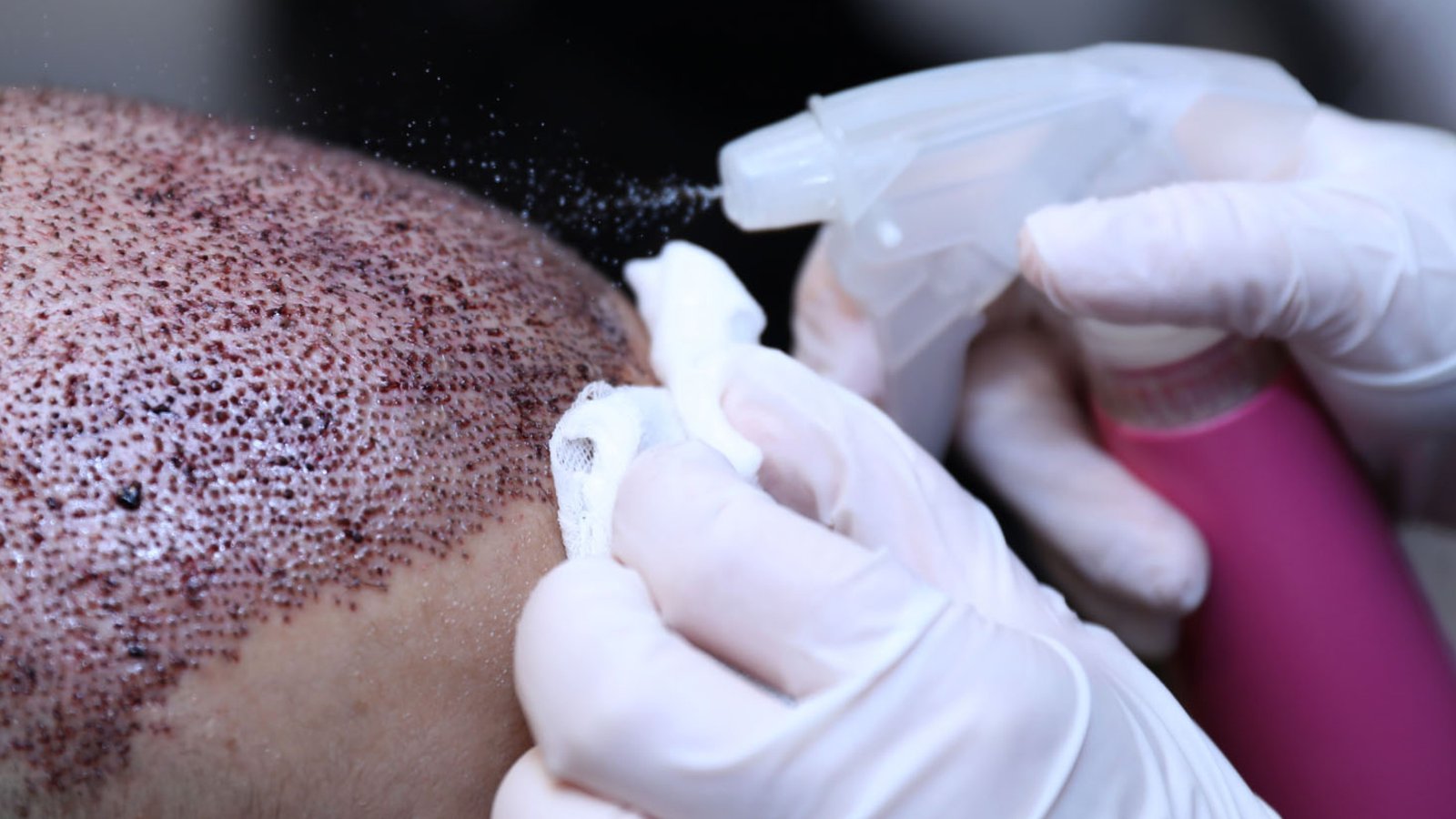Top Questions Answered About Hair Transplants in London
Hair transplants have become an increasingly popular solution for individuals dealing with hair thinning and baldness. London, in particular, has emerged as a global hub for high-quality hair restoration procedures, attracting patients from around the world. With a range of advanced techniques and highly skilled professionals, choosing to undergo a hair transplant in the UK’s capital is a significant but potentially life-changing decision. If you’re considering this option, here are answers to some of the top questions people commonly have.
Why Choose London for a Hair Transplant?
London is renowned for its advanced medical facilities and experienced practitioners, especially in the field of cosmetic surgery. Hair transplant clinics in the city offer cutting-edge technology and a variety of treatment options tailored to individual needs. Additionally, strict healthcare regulations in the UK ensure high standards of safety and professionalism. One of the leading providers of hair transplant London services is WMG London, which offers customized treatments using the latest techniques and is well-regarded for delivering natural-looking results.
What Are the Main Types of Hair Transplants?
There are three primary types of hair transplant procedures:
- FUE (Follicular Unit Extraction): This is the most common method today, where individual hair follicles are extracted from the donor area and implanted in the thinning or balding areas. It is minimally invasive, leaves no linear scar, and has a relatively short recovery time.
- FUT (Follicular Unit Transplantation): This older method involves removing a strip of scalp from the donor area, usually at the back of the head. The strip is then dissected into grafts and transplanted. This technique is still used for those needing a large number of grafts.
- DHI (Direct Hair Implantation): A more precise variation of FUE, DHI uses a special tool to simultaneously extract and implant follicles, allowing for greater control over the angle and depth of each graft.
Am I a Suitable Candidate?
Ideal candidates for a hair transplant are typically those who:
- Have experienced permanent hair loss due to male or female pattern baldness
- Have sufficient donor hair at the back or sides of the scalp
- Are in good general health and have realistic expectations about the results
A consultation with a qualified surgeon is necessary to evaluate your scalp, assess the cause of your hair loss, and determine the best approach for your situation.
How Long Does the Procedure Take?
The duration of a hair transplant procedure varies depending on the technique and the number of grafts needed. Most sessions last between four to eight hours. While it may be a long day, it is usually a one-time procedure that yields long-term results.
What Is the Recovery Process Like?
The recovery process is generally quick. Most patients can return to light activities within a few days and resume full routines after a week or two. Redness, swelling, and mild discomfort in the donor and recipient areas are common but subside within a week. Following post-operative care instructions closely is essential for optimal healing.
The transplanted hair typically falls out within two to four weeks—this is a normal part of the process. New growth starts around three to four months post-procedure, with final results visible after nine to twelve months.
Are the Results Permanent?
Hair transplants offer permanent results because the transplanted follicles are resistant to the hormone that causes baldness. Once the new hair grows in, it behaves like natural hair, including normal shedding and regrowth cycles. However, future hair loss in untreated areas may still occur, which is why long-term care and possible follow-up treatments might be necessary.
How Much Does It Cost?
The cost of a hair transplant in London can vary significantly based on the number of grafts required, the technique used, and the clinic’s reputation. Prices typically range from £3,000 to £10,000 or more. While affordability is important, it’s essential not to compromise on quality. Choosing a reputable clinic ensures a higher chance of success and minimizes risks.
Are There Risks Involved?
As with any surgical procedure, hair transplants carry some risks, though they are minimal when performed by a skilled specialist. Possible complications include infection, scarring, or poor graft survival. These can be avoided with proper pre-procedure screening and post-operative care.
Final Thoughts
A hair transplant can be a transformative procedure for those struggling with hair loss. By understanding the options available, evaluating your candidacy, and selecting a trusted clinic in London, you can achieve natural, lasting results. Whether you’re just starting your research or ready to take the next step, being informed is the first move toward restoring your confidence and hairline.







